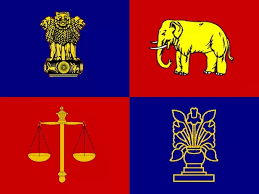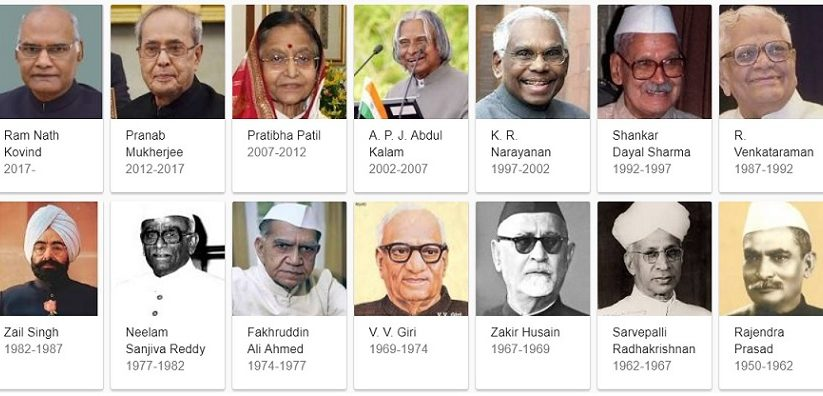Indian Legal System > Civil Laws > Environmental Laws > The Water (Prevention and Control of Pollution) Act, 1974 > Composition of Pollution Control Board The Water Act establishes the Central and State Pollution Control Board for the prevention and control of water pollution. Composition of Central Pollution Board: Section 3 of the Act provides […]







